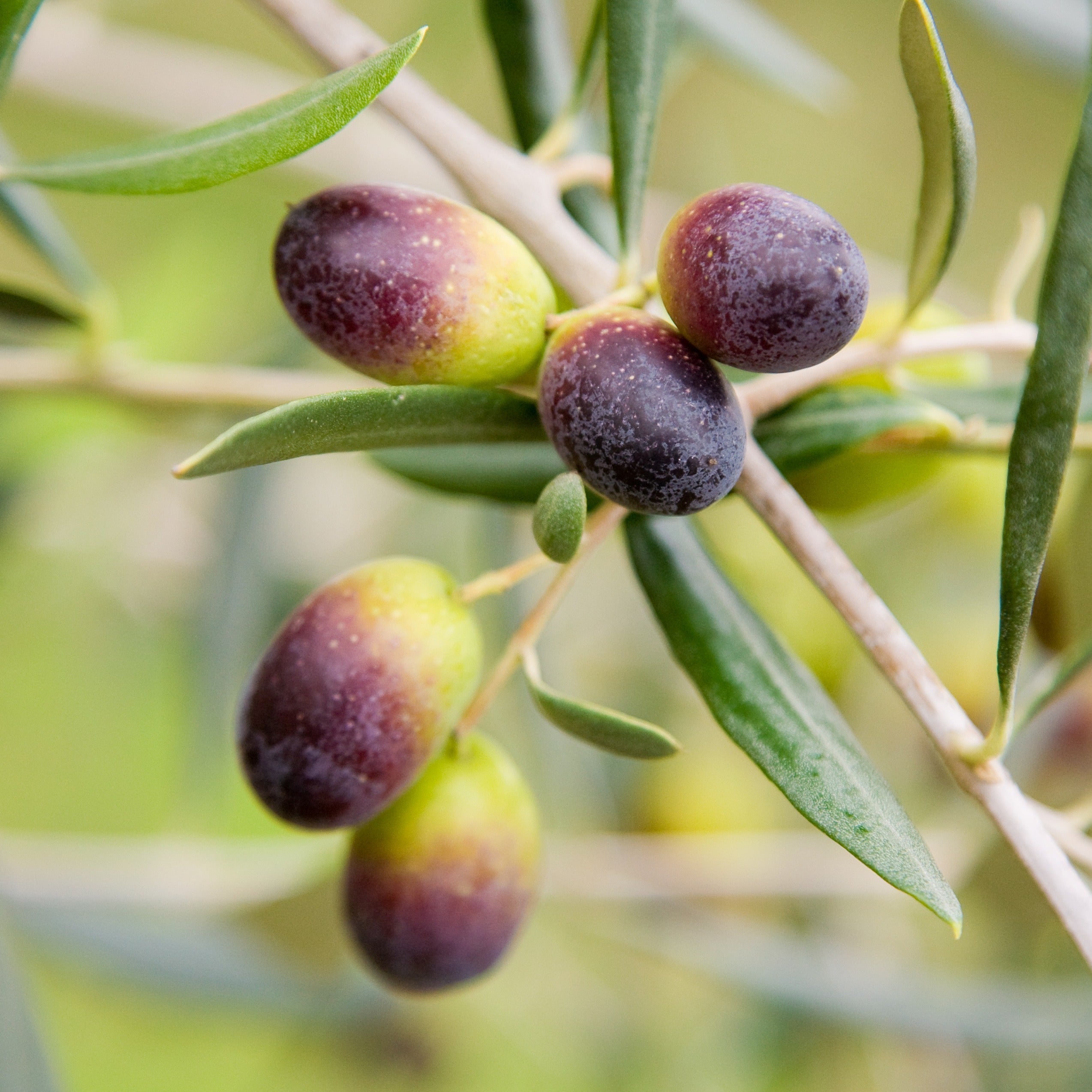
OLIVES ARE A GOOD SOURCE OF VITAMIN E
Vitamin E is a powerful antioxidant that is essential for the health of the immune system and metabolism. Along with plant oils and nuts, olives are an excellent source of this fat-soluble vitamin.
OLIVES ARE RICH IN ANTIOXIDANTS
In addition to vitamin E, olives also contain many less well known antioxidants, such as oleuropin, hydroxytyrosol, tyrosol, oleonalic acid, and quercetin. These antioxidants work together to combat the damaging effects of free radicals in the body. Some research suggests that free radicals contribute to the development of serious illnesses, such as heart disease and cancer. Therefore, consuming foods that are high in antioxidants, like olives, may help to protect your health.
OLIVES CONTAIN HEALTHY FATS
The typical olive contains between 11 and 15 percent fat. The rest of the olive is mostly made up of fiber and water. Although some types of fat have a bad reputation for causing health problems such as heart disease, the unsaturated fats found in olives may actually reduce your risk of cardiovascular problems and other serious illnesses. Studies have linked oleic acid, a monounsaturated fatty acid that accounts for almost three quarters of the fat content of olives, with lower levels of inflammation in the body.
OLIVES ARE LOW IN CALORIES
Even though they contain fat, olives can be an ideal snack in a calorie controlled diet. A serving of 10 average-sized black olives contains only 59 calories. That's fewer calories than a banana!
OLIVES ARE FRUIT
If you struggle to fit enough fruits and vegetables into your daily diet, eating olives could be a good way to boost your daily consumption. Is an olive a fruit or a vegetable? Technically, olives are the fruit of the olive plant. However, in culinary terms, people often treat olives as vegetables, including them in salads or serving them with pasta. However you choose to eat yours, you can enjoy all the health benefits of olives by including them in your daily diet.
BRINING BRINGS HEALTH BENEFITS
Brining involves soaking olives in salt water to preserve them. During the brining process, olives often undergo fermentation, which means the sugars present in the olive fruits are broken down into lactic or acetic acid, releasing the antioxidant oleuropin. Brined olives retain moisture and nutrients, allowing you to enjoy them as freshly as if you had picked them from the olive plant yourself.
Sources
https://www.healthline.com/nutrition/foods/olives#section5 https://ods.od.nih.gov/factsheets/VitaminE-HealthProfessional/ http://www.whfoods.com/genpage.php?tname=foodspice&dbid=46

